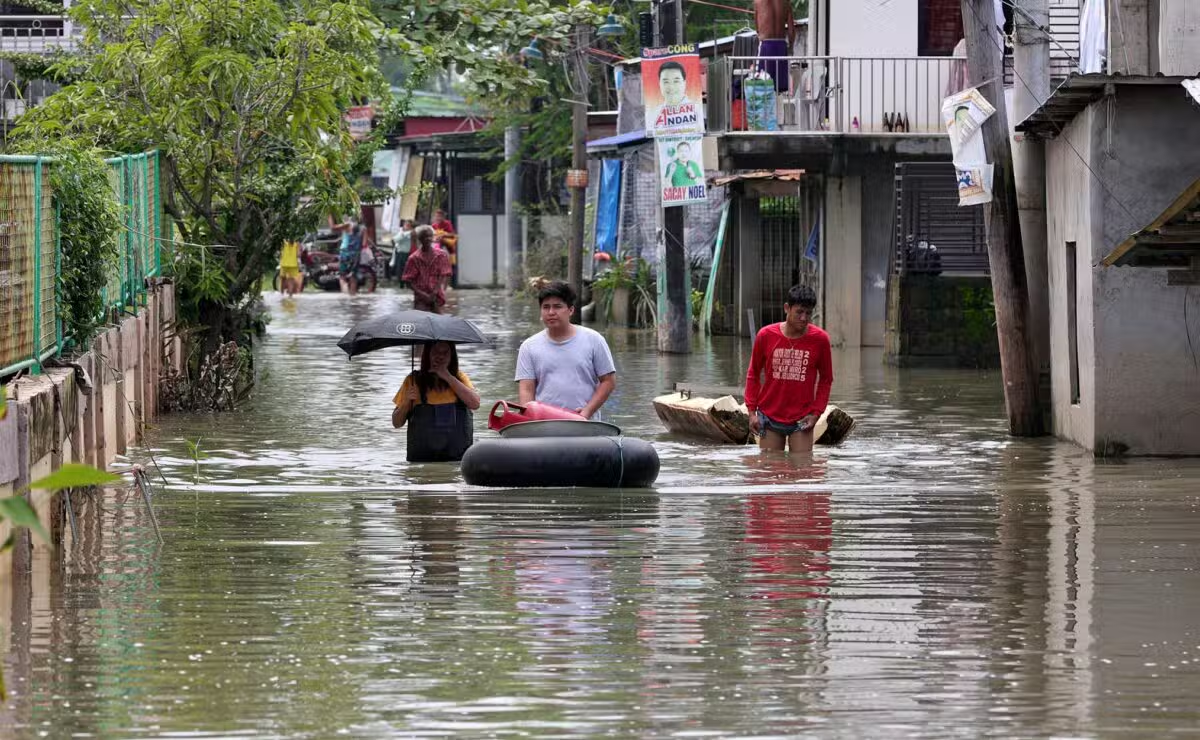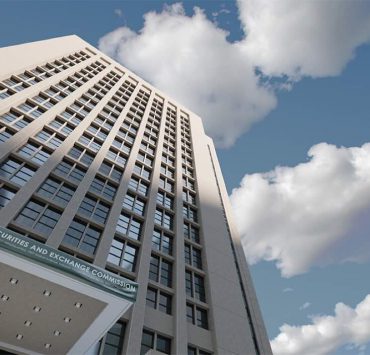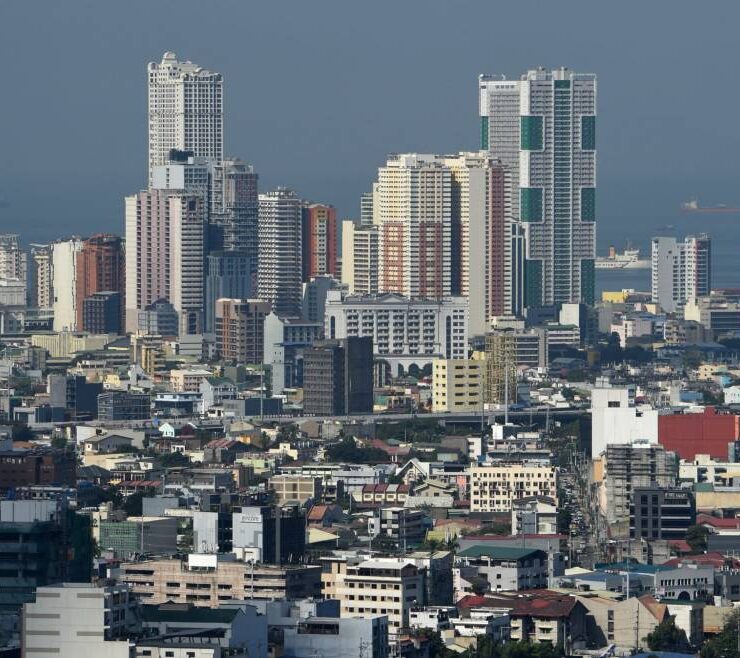When corruption builds dynasties

We like to say political dynasties are the root of corruption.
The story goes that families capture government, drain public resources and weaken institutions.
But the truth cuts the other way: Corruption keeps dynasties alive.
It is the fuel that powers their machines and the glue that binds their networks. Remove the corruption and most of these families would not last another election cycle.
If dynasties created corruption, we could end the problem with an antidynasty law. But the real issue is that the rules of public spending make political power profitable.
The system rewards those who can manipulate projects, capture budgets and redirect funds to secure loyalty.
Nowhere is this clearer than in the recent flood control scandal.
Billions in questionable projects, overlapping allocations and padded contracts have turned disaster prevention into a political racket.
Flood control is the perfect camouflage.
It sounds technical, looks urgent and delivers contracts fast. Behind it is a chain of rent-seeking that reaches from the local contractor to the congressman. Each layer takes a cut, each cut buys loyalty.
In this economy of favors, dynasties thrive. Infrastructure has become a political currency. Projects buy votes, rents finance campaigns and loyalty keeps the system intact.
The more opaque the budgeting, the deeper the control. The result is a political ecosystem where corruption sustains lineage, not service.
Contrast that with programs that cannot be milked as easily.
The Pantawid Pamilyang Pilipino Program, or 4Ps, is audited, monitored and evidence-based. It invests in people rather than projects.
The conditions are clear—children must go to school, families must access health care, parents must attend Family Development Sessions. These sessions, unique to the Philippine version of Conditional Cash Transfers, are designed to change attitudes. They teach responsibility, citizenship and self-reliance. This is how dependency is broken.
Yet 4Ps remains politically unpopular. It is branded as a dole-out, while infrastructure projects, however tainted, are hailed as development.
The government would rather pour billions into flood control than expand a program that actually builds human capital.
The irony is painful. We build concrete walls to hold back water, but ignore the social foundations that could protect people from poverty and climate shocks.
If social protection were treated as the true infrastructure of nation-building, corruption would lose its hiding place.
Programs like 4Ps are bound by clear rules and measurable outcomes. Flood control and other “hard” projects, on the other hand, are governed by weak oversight and vague objectives.
It is this imbalance that keeps corruption alive and dynasties strong.
The 8-Point Development Plan of the administration reflects the same blind spot.
It puts infrastructure and investment at the center while treating social protection as a side note. Poverty reduction is framed as relief and an outcome, not strategy.
When welfare is detached from development, the poor remain vulnerable and corruption keeps its leverage.
Other countries understood this long ago.
Brazil’s Bolsa Família and Mexico’s Oportunidades reduced poverty while raising productivity. South Korea’s postwar welfare and education programs turned farmers into industrial workers and citizens into taxpayers.
Chile and Bangladesh linked cash transfers with training, jobs and climate resilience.
These countries built growth from the ground up. Their social protection systems created citizens who demanded accountability—and that weakened their dynasties.
The Philippines has all the ingredients to do the same.
The 4Ps, with its Family Development Sessions, already builds both capacity and conscience. It can prepare communities for employment, entrepreneurship and climate adaptation.
But the government continues to see it as welfare, not investment. Instead of linking it to programs that generate income and resilience, it keeps pouring money into concrete projects that drown in corruption.
Ironically, this scandal made the connection now obvious. Corruption keeps the poor dependent. Dependency keeps dynasties in power. Misguided policies sustain both.
When social protection is starved and infrastructure is politicized, corruption flourishes. The poor remain clients instead of citizens, and the political class continues to profit from the same cycle of waste and control.
Breaking this system means changing how we spend, not just whom we elect. Transparency, accountability and citizen participation are the real term limits of dynasties. Once corruption stops paying, family politics will wither.
Corruption builds dynasties. It feeds their campaigns, funds their patronage and finances their survival.
The reform that matters is not another law against family power, but a budget system that makes corruption impossible. The nation will only grow when protection means more than concrete and politics stops being a business.
Until then, the water will keep rising, and the same names will keep floating.
Leonardo A. Lanzona, Jr. is professor of Economics at the Ateneo de Manila University. He is a lead editor of the September 2025 issue of Millennial Asia on the Philippine Development Crisis.





















Talent, transition and continuity: 2026 hiring and succession in PH economy